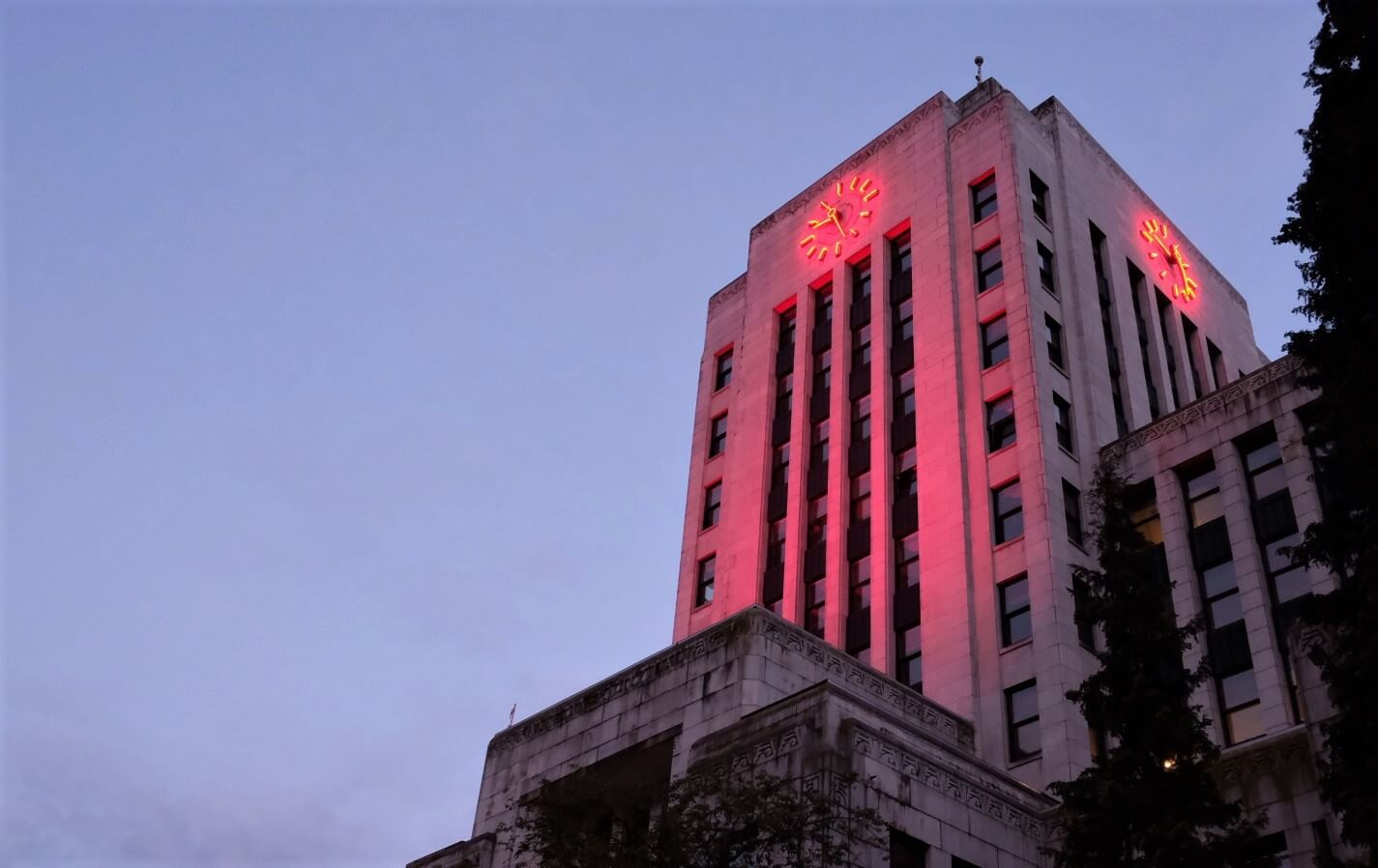
Apr 1, 2022: City Council approves UBCx and subway stations despite opposition from residents
Two dozen Vancouver residents told Council about the negative impacts a proposed subway to UBC would have on the communities of Kitsilano and West Point Grey at the Tuesday, March 29 Council meeting. But their concerns were dismissed.
“It actually blows my mind,” Cllr. Colleen Hardwick, the lone vote of dissent said of Council’s 9-1 decision to approve a report for the UBCx and accompanying subway stations.
Hardwick said she “could not fathom” how her fellow Councillors could support the plan after hearing so much opposition from residents. Cllrs. Christine Boyle and Sarah Kirby-Yung spoke of their strong faith in the plan. Cllr. Boyle said she was eager to be helping “folks at UBC who need this kind of transit.”
Long-time Kitsilano resident Bill Tieleman questioned the timing of the meeting, pointing out that the City has yet to create a solid business case to fund a UBC subway extension, making approval of stations and towers premature.
Referring to the Jericho Lands as “Metrotown-by-the-sea,” Tieleman suggested Council’s endorsement was nothing more than a marketing ploy for the Jericho Lands development at the request of the landowners, and that the private development and stops are not something the City should be promoting.
Speakers voiced a range of concerns, including:
- The decision to locate a subway stop at West 8th Avenue instead of an anticipated station on West 10th in West Point Grey Village;
- Housing speculation near the stations and along the entire UBCx;
- Insufficient neighbourhood consultation;
- The environmental effects of 20,000 new residents on Jericho Park and beaches;
- The staggering cost of the subway (estimated at $4-$5 billion); and
- The environmentally unsustainable use of steel and concrete construction.
But apart from a discussion about building a station in the Jericho Lands versus one on West 10th Ave and Sasamat (staff prefers a Jericho Lands stop and talked about how tunnels or shuttles could be used to transport riders to West 10th Village or the Beach) where local businesses have struggled for years, none of the issues raised were given serious consideration by Council.
UBC Urban Design professor Patrick Condon, who has long supported lighter streetcars as an alternative to a subway, said the amount of time the subway to UBC saves when compared to light rapid transit — three minutes — does not justify the project’s hefty price tag.
Local resident and retired professor of philosophy Mark Battersby, who has written a book on polling, Is That a Fact?: A Field Guide for Evaluating Statistical and Scientific Information, called recent TransLink and Metro Vancouver surveys that showed respondents in support of the UBCx plan, “extremely dubious.” “Polls,” he said, are “rigged.” If you want to know what people want, he said, they should be presented with alternatives. Otherwise, he added, “it’s (the surveys) just a smoke screen.” In other words, by excluding options for routes, station sites, and a choice of costs related to different transportation modes, the surveys were essentially useless.
Transit promoter Nathan Davidowicz, who opposes the UBCx plan, had to be muzzled by Acting Mayor Michael Wiebe when he accused a City staff member of “lying to Council” members who had questions about the number, cost and placement of subway stations.“Why aren’t you telling them the truth?! Why are you lying to them?!” he yelled from the Council Chambers.
Amendments to the plan were put forth by Cllr. Jean Swanson and accepted (see below). Now that the report has been approved by Council, it will be presented to the Mayor’s Council on Regional Transportation in mid-April.



No Comments